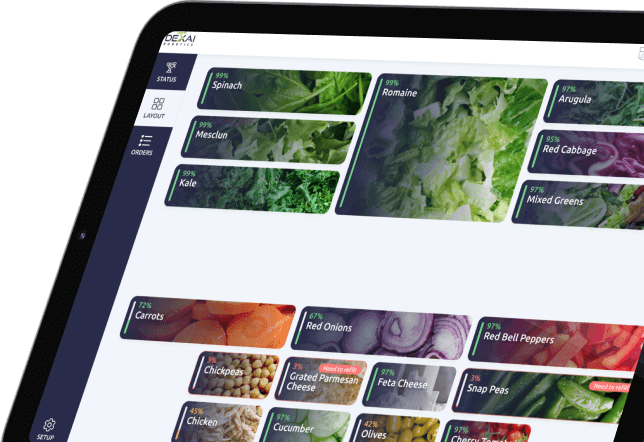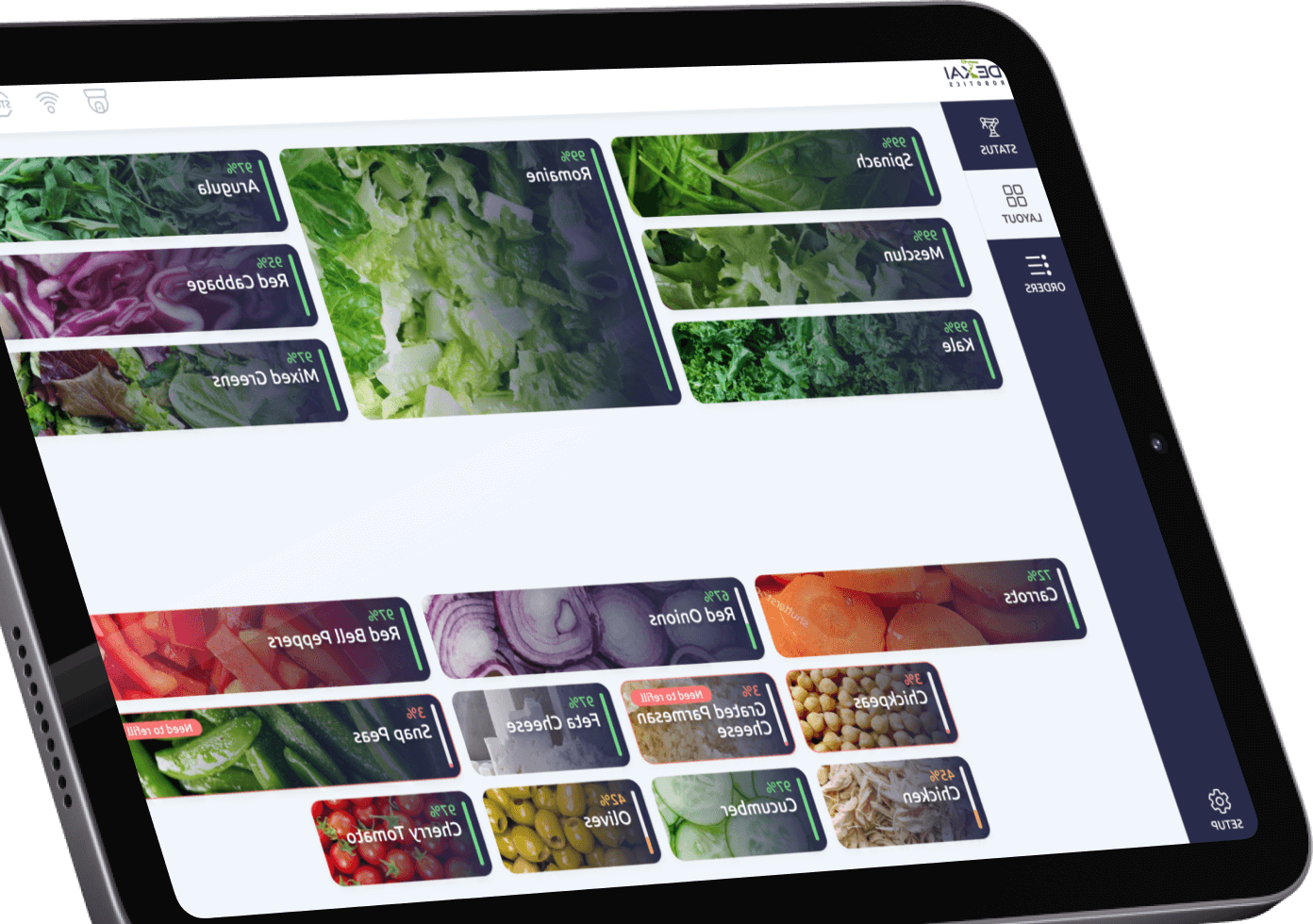Enhancing Medical Transportation Platform that Operates in 26 States of the USA
Two years of collaboration to enhance the platform of a leading medical transportation service provider in the USA and the United Kingdom.
Project details:
About the Client:
Our Client is a leading provider of mobile medical services and transportation in 26 US States and in the United Kingdom. Around 1000 enquiries for cars are coming to the application per day in 6 States. The company primarily targets the B2B sector, catering to healthcare organizations. Their product is a tech-enabled platform that consists of 4 interconnected applications. Amidst the COVID-19 pandemic, the Client aimed to expand their platform’s scope with new features.
- Location – USA
- Industry – Healthcare
- Team size – 12 specialists (5 full stack developers, 2 iOS developers, 1 PM, 1 Head of QA, 2 QA, 1 DevOps, 1 Director of engineering)
- Project duration – 10 months
Business сhallenge
The unclear interdependencies among their four applications posed a challenge for any code changes. The Client engaged SumatoSoft to develop new trip types and optimize the existing codebase, enhancing overall system scalability.
Our solution
We provided staff augmentation services to join the existing development team of our Client, a leading medical transportation service provider. Our role was to seamlessly integrate into their team structure and accelerate the development process. This collaboration involved enhancing the app’s functionality by developing new trip types for on-site COVID-19 testing and trips with custom number segments for increased flexibility. Additionally, we undertook a significant task of debugging and refactoring the existing codebase to improve its scalability and adaptability, ensuring the system’s readiness for future expansions and modifications.
New types of trip development
In general, every trip within the system consists of several logical segments or events. We developed two unique types of trips, each one requiring a different set of segments. The first type of trip catered to on-site COVID-19 testing. Medical personnel, alongside a driver, would travel from point A to point B and wait while the sample collection took place. The second type of trip aimed at enhancing flexibility by offering trips with custom number segments, designed for situations that did not fit the existing models, thereby broadening the utility of the app.
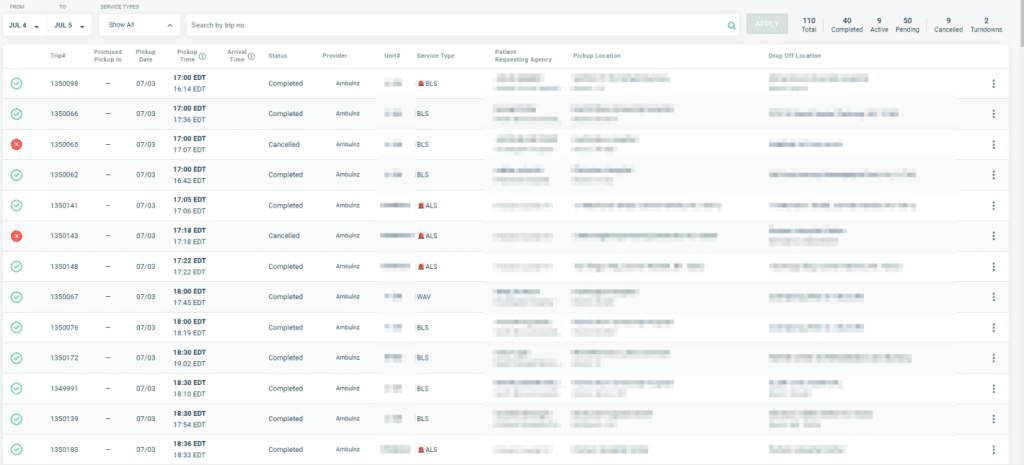
Additional features:
- customized call specifications;
- flexible transport calling;
- smart route calculation;
- separate statistics for COVID testing trips.
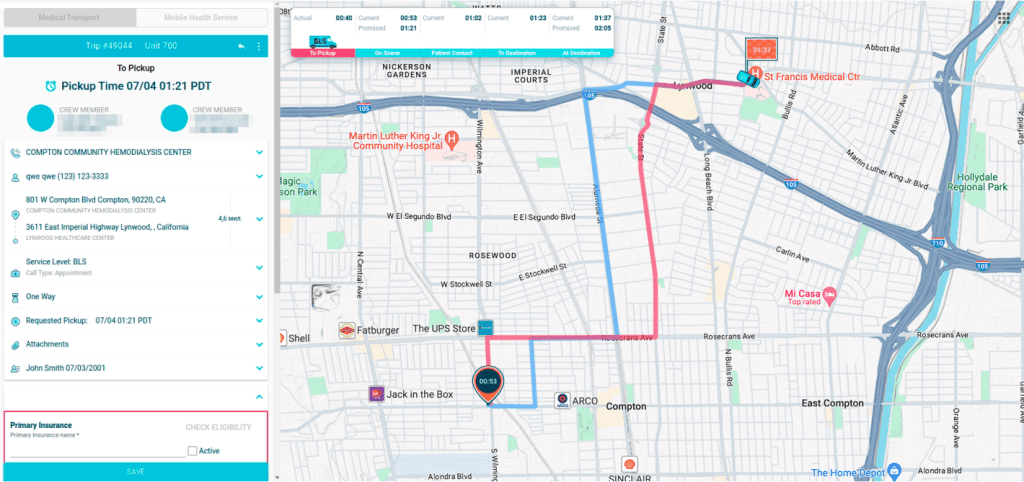
Business value
Before:
- The client’s platform was limited in trip types, restricting its adaptability to diverse medical transportation needs.
- The codebase had unclear interdependencies among the four applications, hindering efficient code changes and system scalability.
After:
- Introduction of two new trip types significantly broadened the platform’s utility, accommodating a wider range of medical transportation scenarios.
Comprehensive refactoring and debugging of the codebase enhanced its readability, reduced complexity, and improved maintainability, making the system more adaptable to changing requirements and allowing for straightforward additions and modifications.
Have an app idea?
Let’s start with a free quote!
See our other case studies
Web aggregator of local heating oil prices
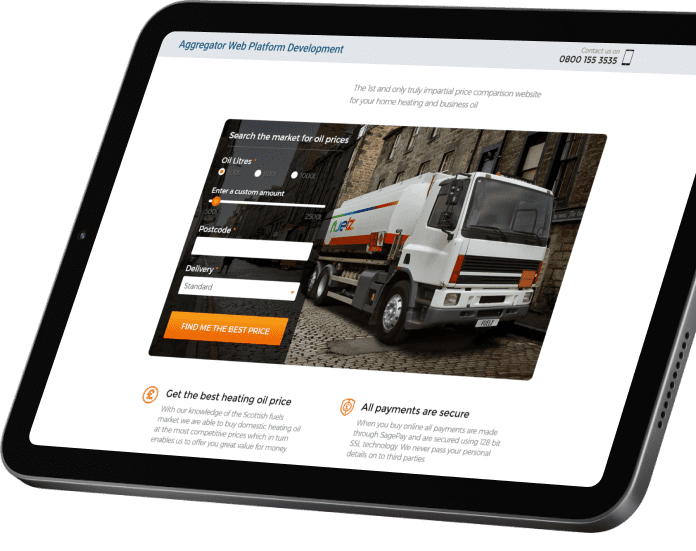
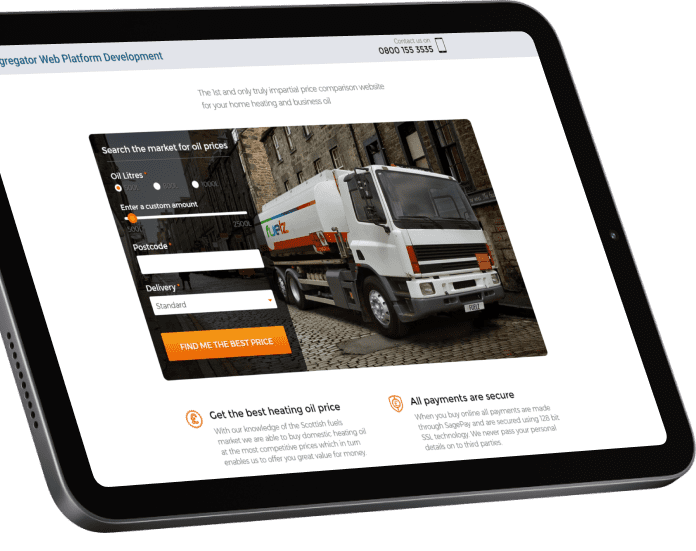
Web portal & eCommerce platform for interior design
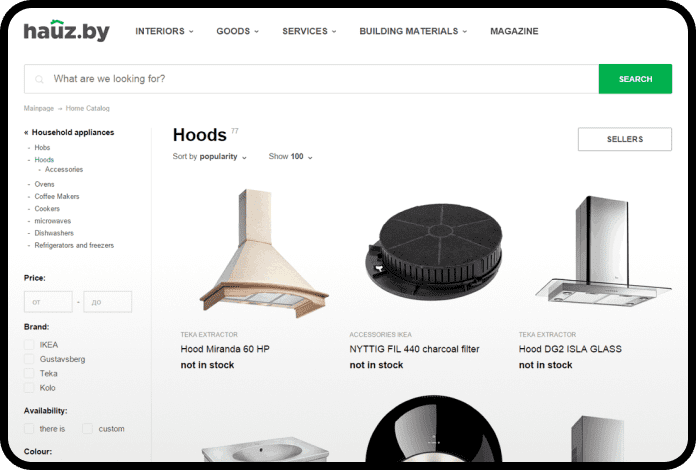

Graphical user interface for robot operation
